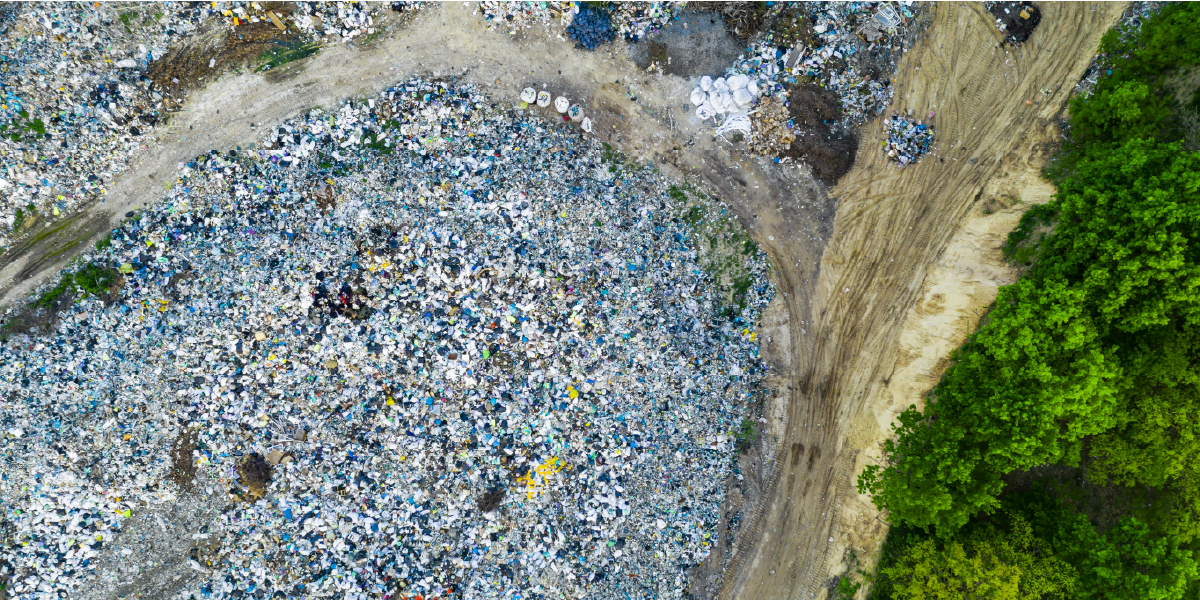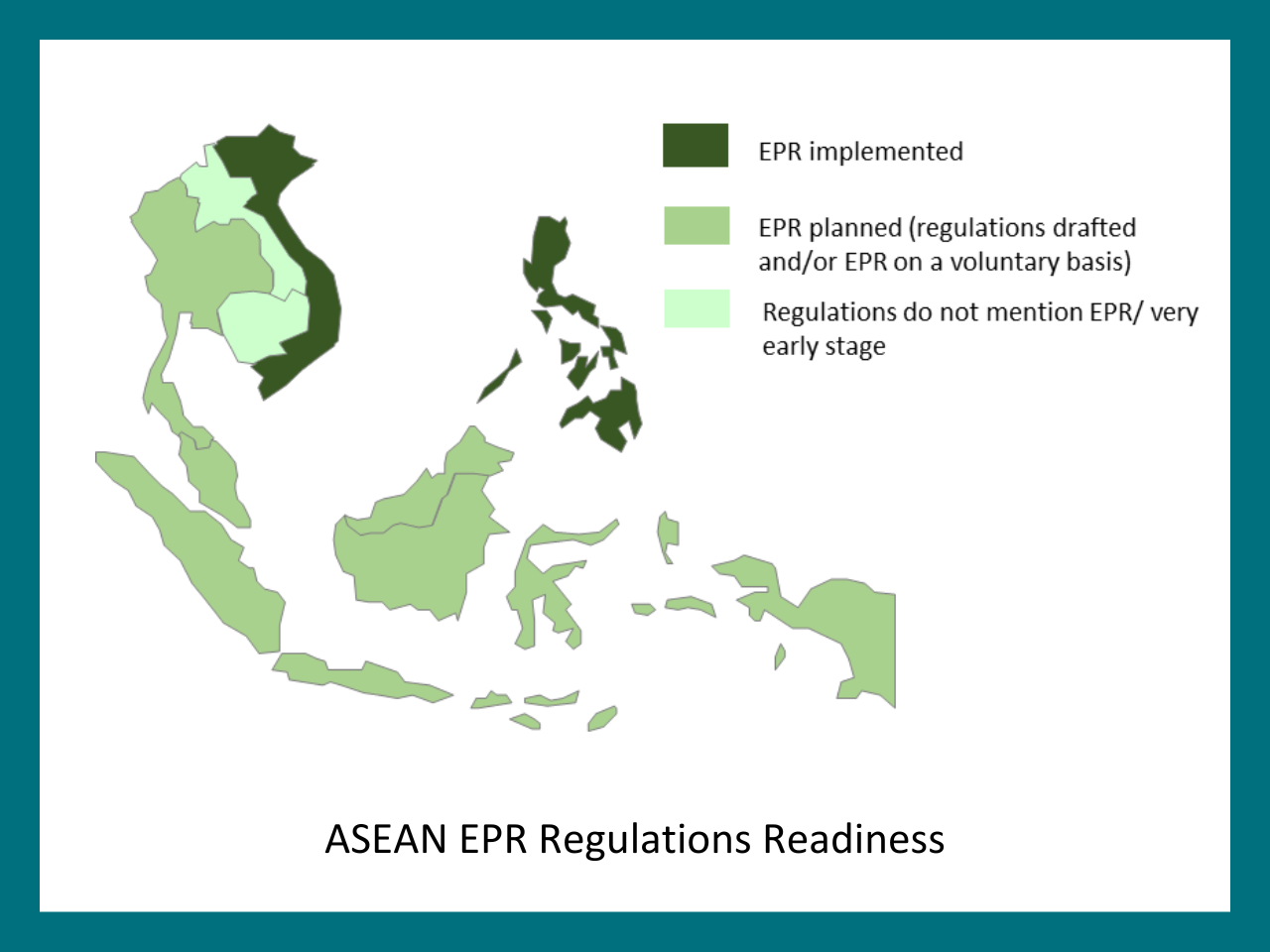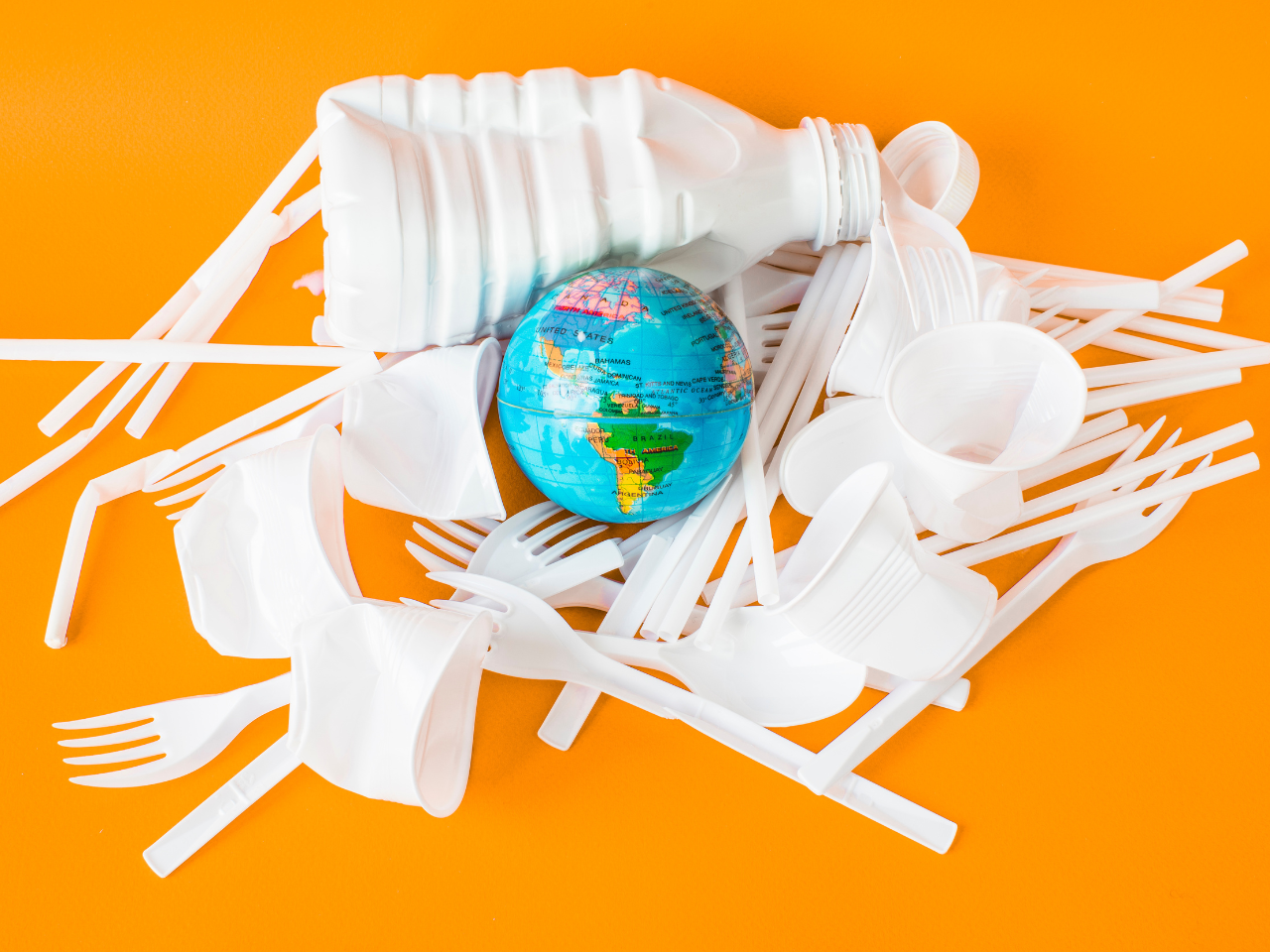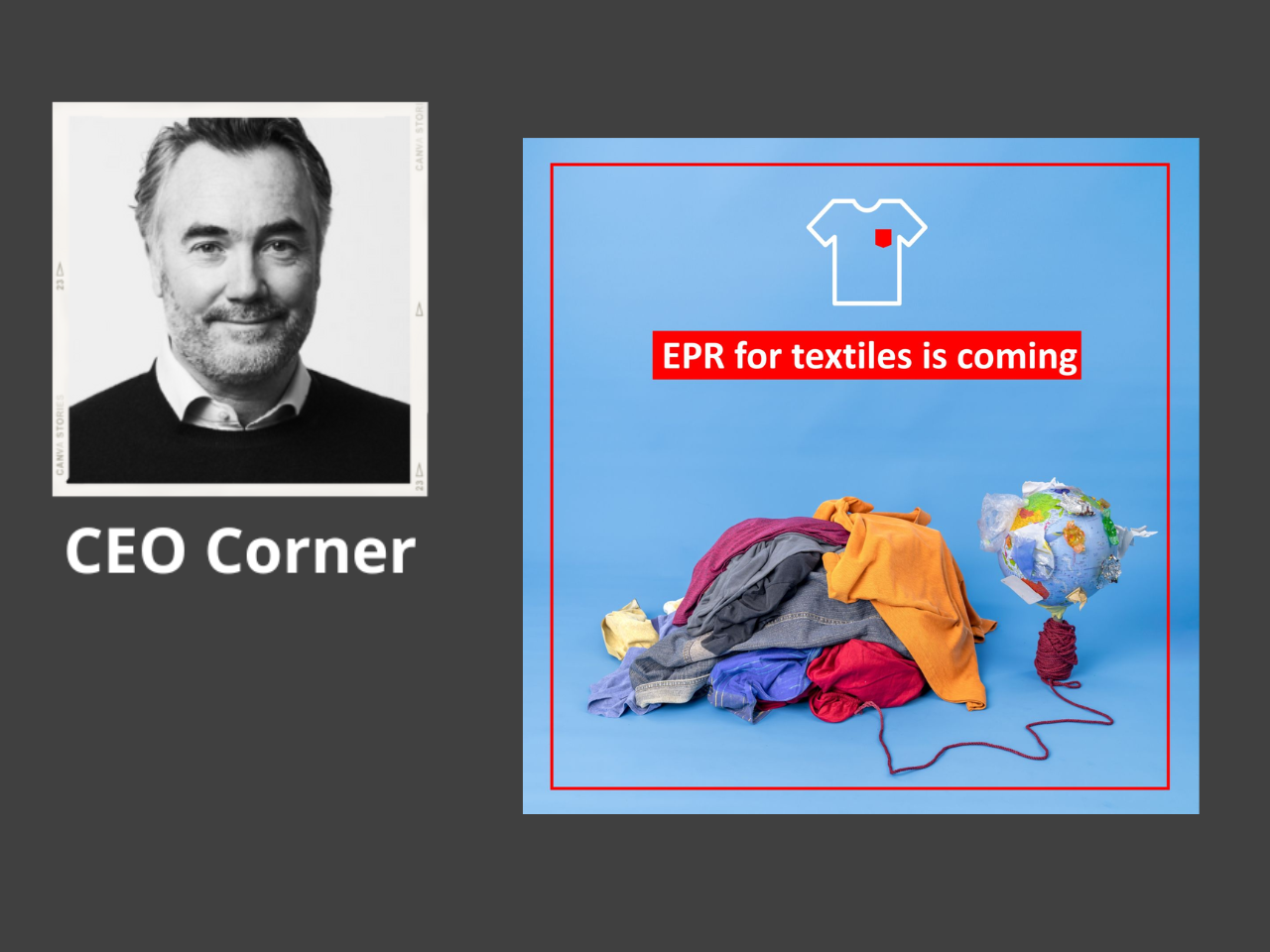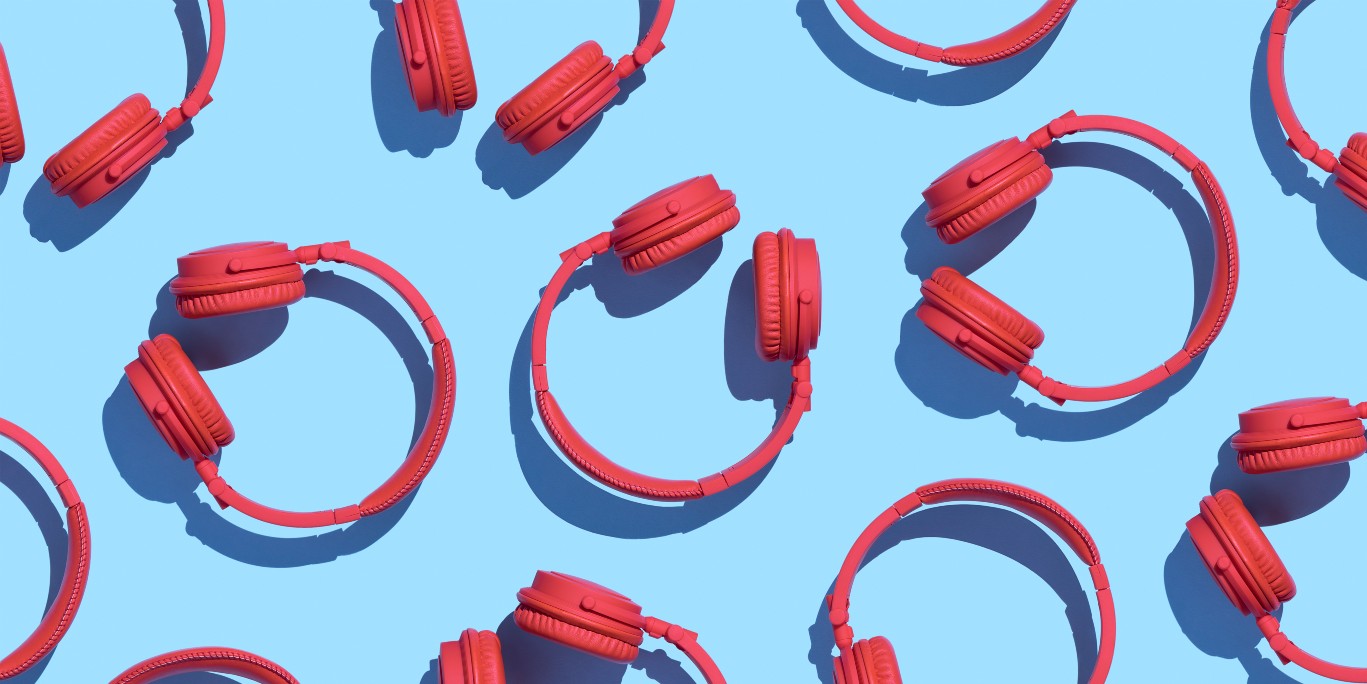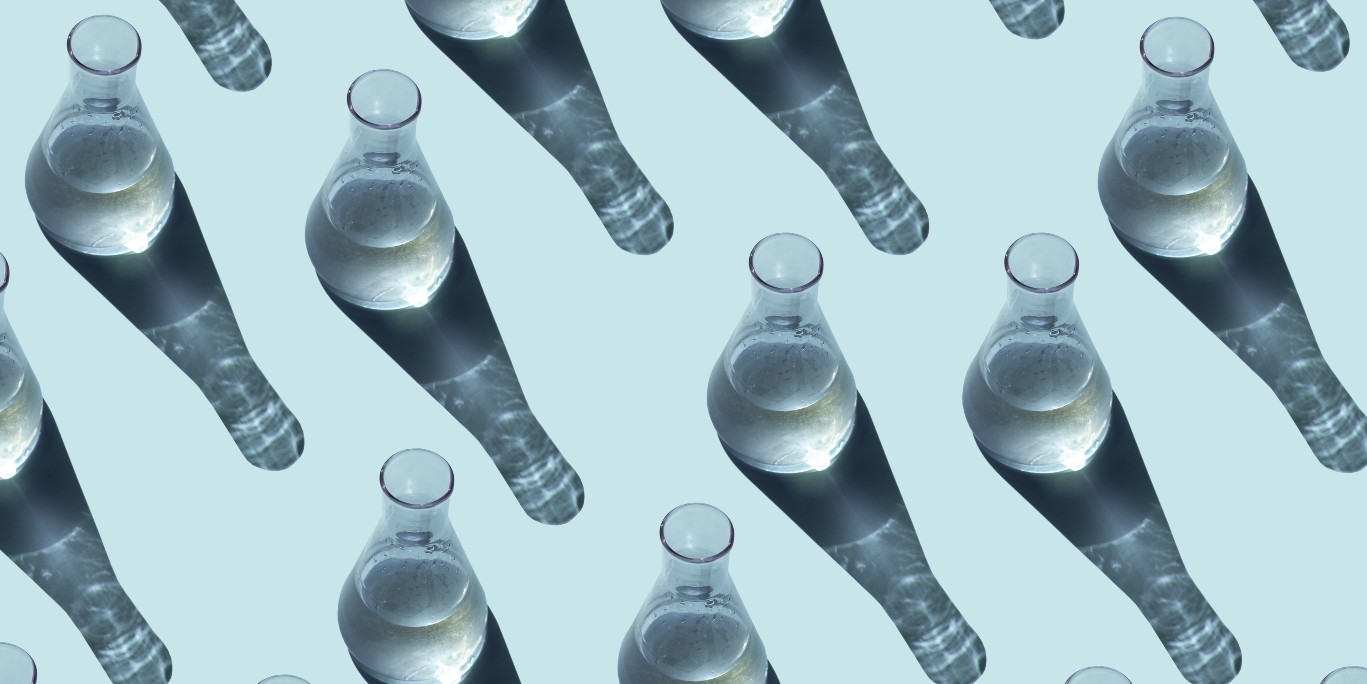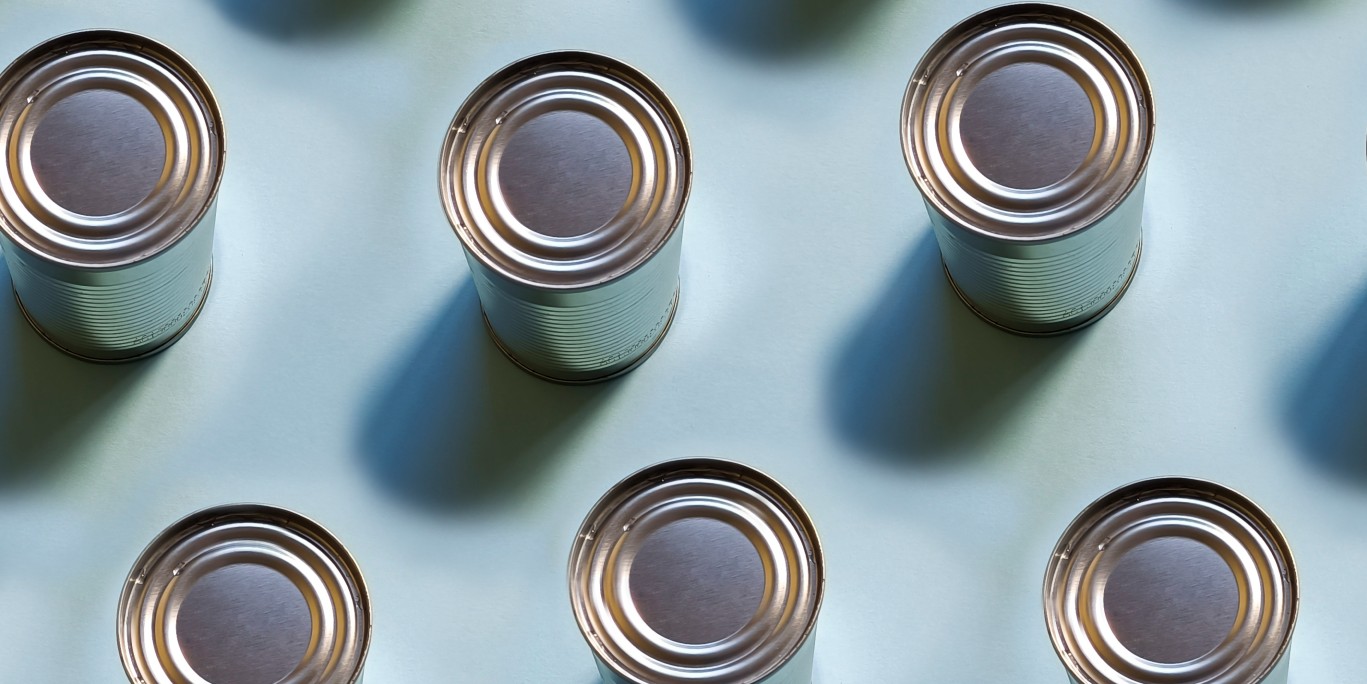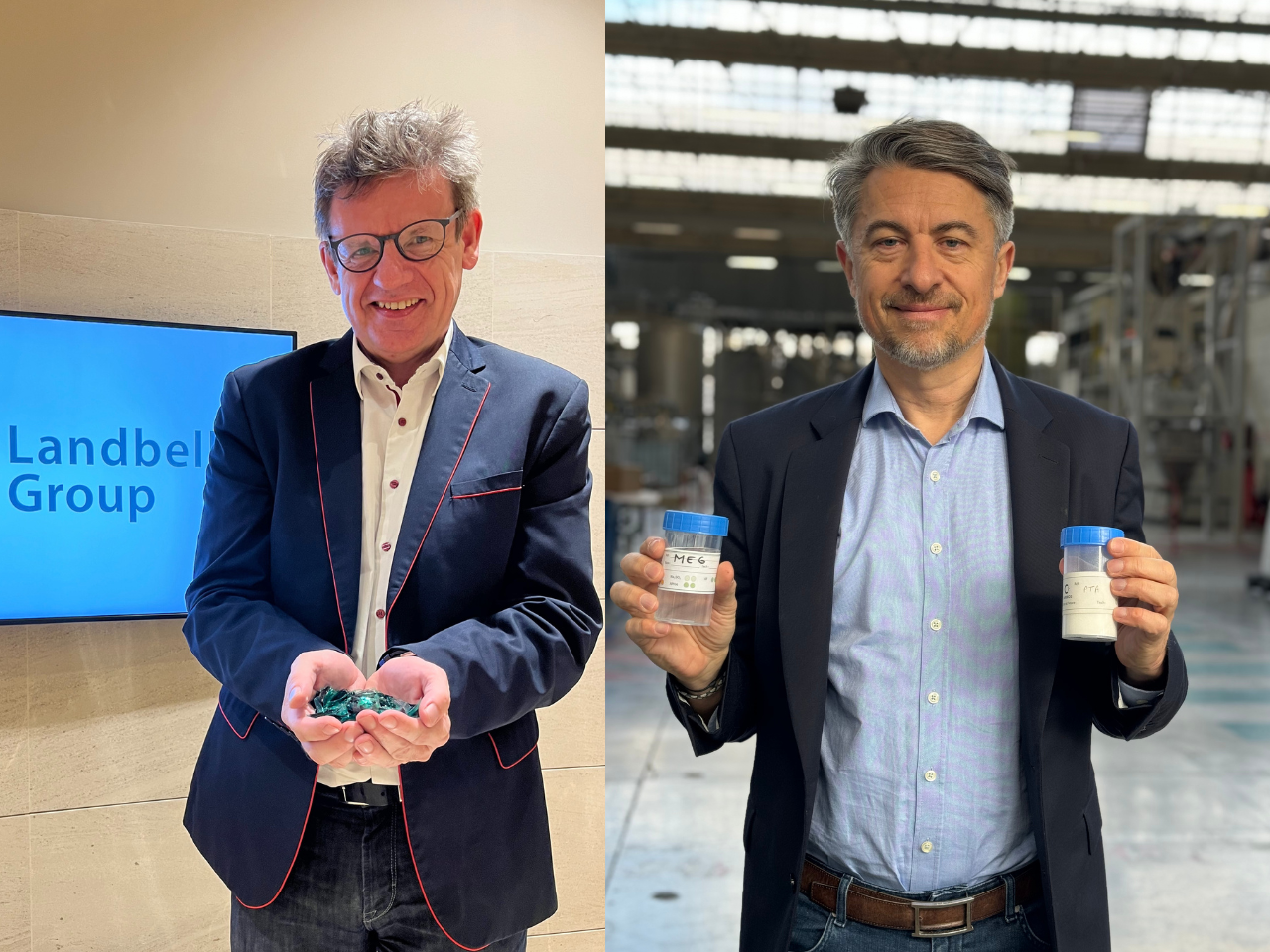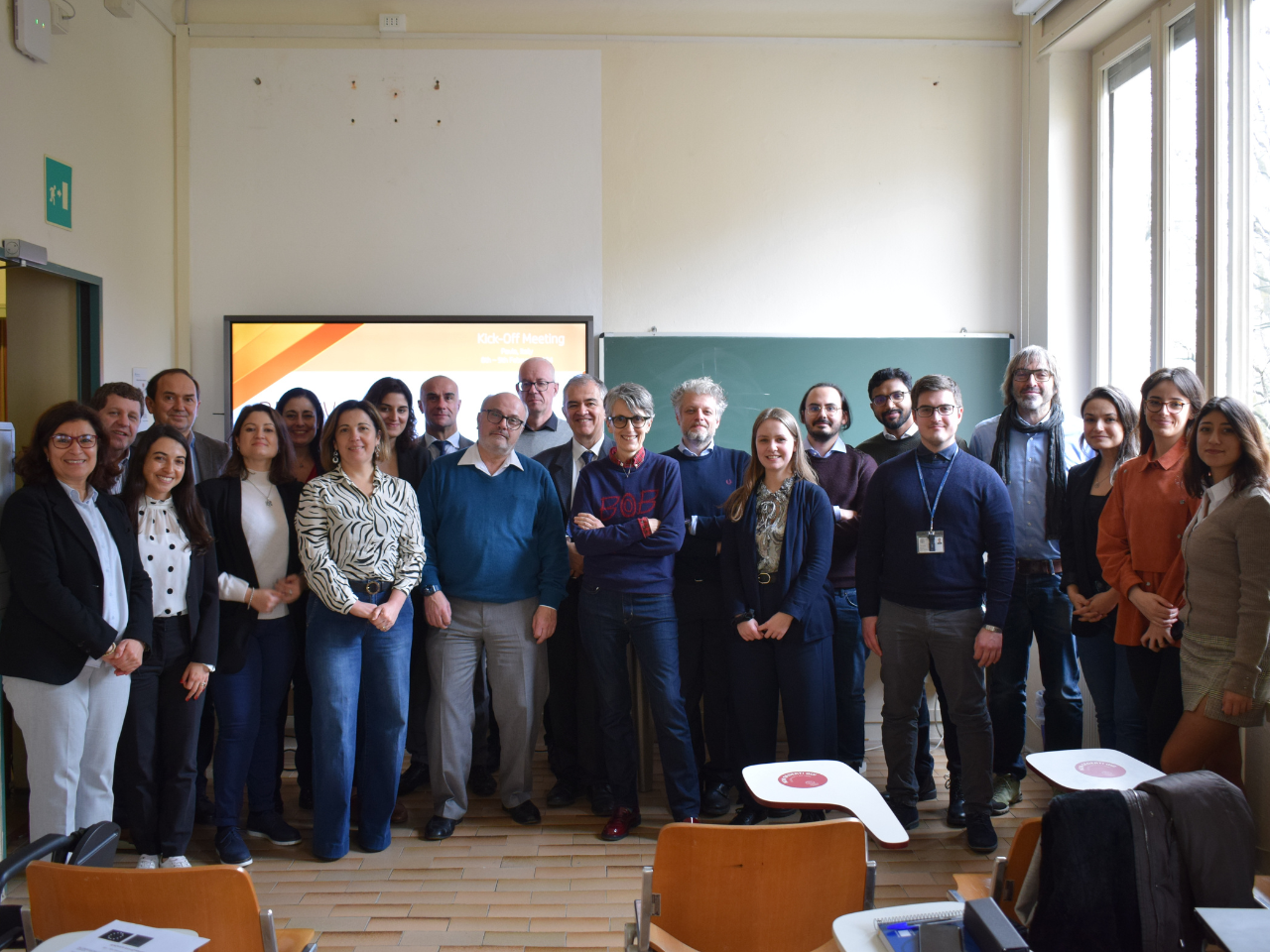What changes worldwide could have the biggest impact on the circular economy? Read our selection for you for June 2022.
Plastic recycling industry growing
The European Union’s plastic recycling industry recorded a turnover of 7.7 billion euros and a recycling capacity of 9.6 million tonnes in 2020. This corresponds to growth of 1.1 megatonnes in capacity compared to 2019 – despite the Covid-19 pandemic.
At 80%, PET, flexible PO, rigid HDPE, and PP account for the biggest share of total plastic recycling capacity. Rigid HDPE and PP (20%) and flexible PO (10%) accounted for the lion’s share of growth.
Germany, Italy, Spain, the UK, and France have the largest plastic recycling capacities in Europe.
Technological developments in collection, sorting and recycling have contributed to the growth, whilst new European targets for plastic recycling are also supporting demand for the industry’s services.
Additional legislative intervention could lead to a further tripling of plastic recycling capacity by 2030.
EU Parliament calls for standardised charging cables
At the beginning of May, the European Parliament voted in favour of standardising charging cables for small and medium-sized devices. The plenary followed the recommendation of the Internal Market and Consumer Protection Committee (IMCO) for a corresponding revision of the Radio Equipment Directive. Now, parliament will start negotiations with Member States.
The obligation to use a USB-C port will apply to mobile phones, tablets, digital cameras, headphones, headsets, portable video game consoles, and loudspeakers. Devices that are too small for a USB-C port are to be exempt from the provisions.
The planned standardisation is intended to reduce waste, as it allows consumers to use existing cables, regardless of the manufacturer. A label indicating whether a charging cable is included or not is also intended to help.
Germany starts preparations for new recycling label
The budget committee of the German parliament has released the necessary funds to develop a recycling label.
The label will indicate the share of recycled or secondary raw materials in products and is part of the official working programme of the new government. Proponents hope this will lead to more transparency in the public procurement of products.
Parliament has set aside 600,000 euros for the label, which will be developed over the next few years.
Michael Thews, member of German parliament and rapporteur on the circular economy and resource conservation, commented:
“The use of recyclates in the manufacture of new products is a prerequisite for a truly sustainable circular economy. For years, I have been campaigning for a label that provides binding, transparent and reliable information on the proportion of recyclates or secondary raw materials that a product contains. Such a label would make it much easier, for example in public procurement, to give preference to products made from recycled or secondary raw materials.”
Sign up for our monthly
report COMPASS here:
Your email
